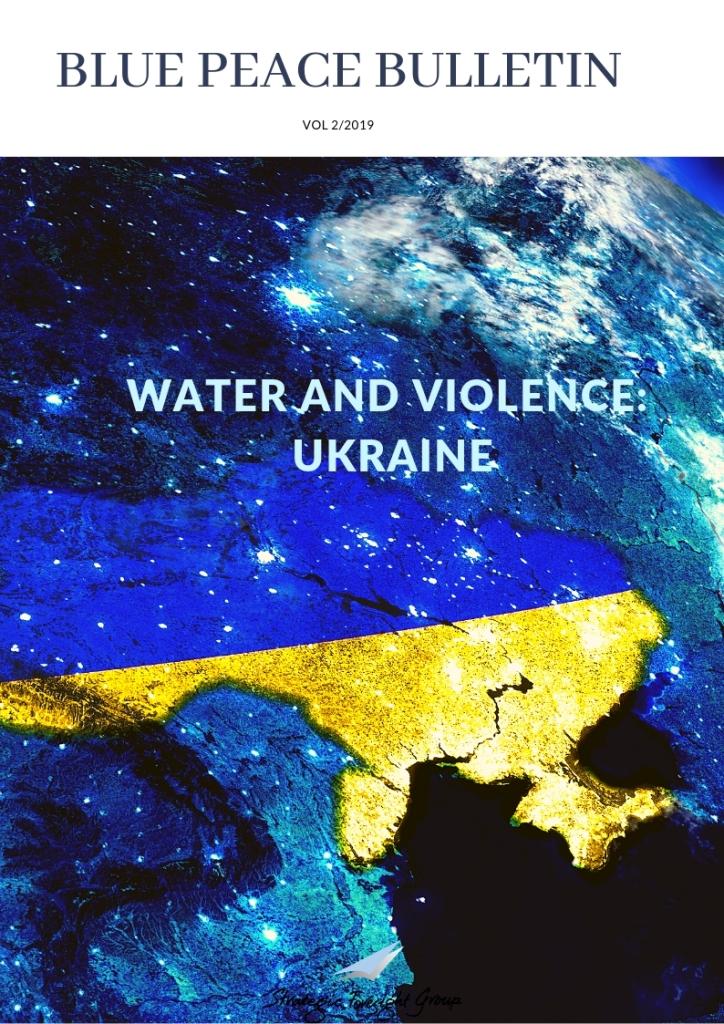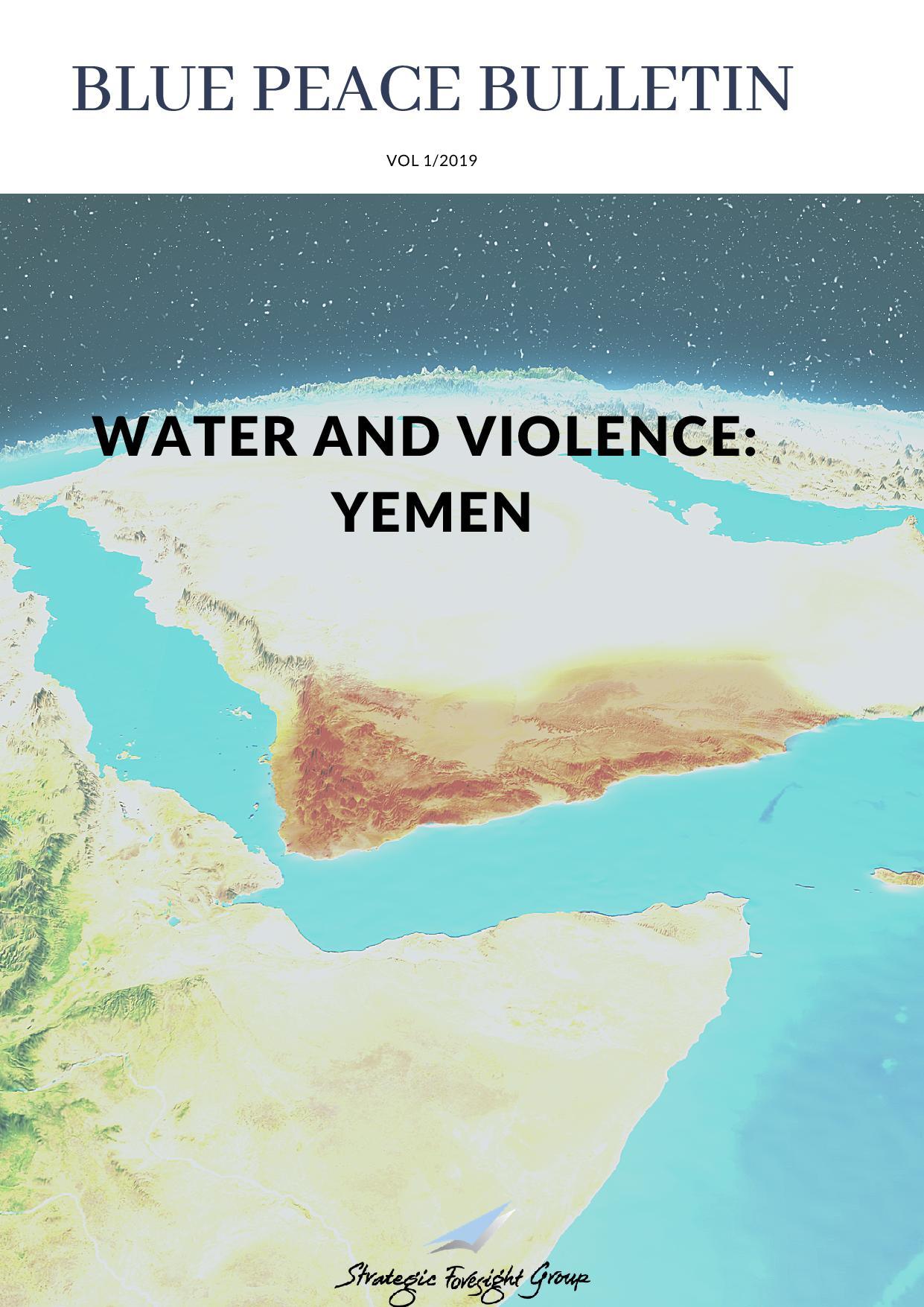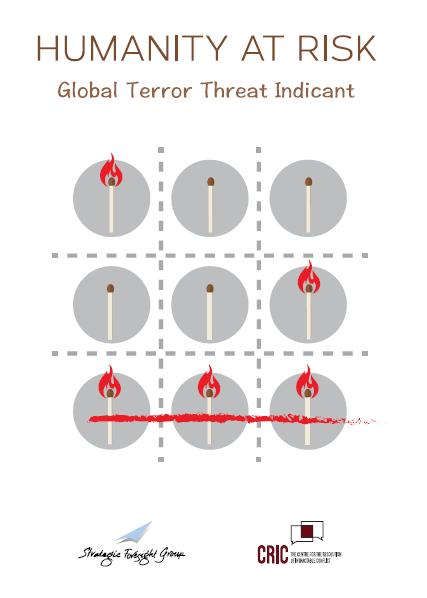A Pact with the Devil
|
|
February, 2009
By Rohit Honawar
|
One never seizes to be amazed by Pakistan�€™s political googlies. Whether it is the elected leadership in Islamabad or the military chiefs in Rawalpindi, the country�€™s frequent political seesawing has left no stone unturned. From the recently brokered deal by Maulana Sufi Muhammad of the TNSM between Tehreek-e-Taliban Pakistan (TTP) and the NWFP government for Nizam-e-Adl regulation in Swat or, the unexpected admission that the dastardly terror attacks on Mumbai in November 2008 were hatched on Pakistani soil �€“ Islamabad has often left India, the US and the international community perplexed. The jingoistic behaviour of segments within the population has often come in defiance of the international communities efforts to assist Pakistan from sliding down the slippery slope of the �€˜Failed State�€™ index. Meanwhile, the inability of successive governments�€™ to address the challenges confronting the country has seen it progressively scale the ladder of notoriety. Be it development, human rights or the faltering security apparatus, Pakistan scores a 103.8 out of a possible 120 after considering twelve different categories, to leave it tottering as the ninth most likely state to fail out of a possible 177 in 2008. What�€™s more, the recent deal between the government and TNSM should serve as a clear indication that Pakistan needs help. Given that past policies and strategies adopted by Pakistan and the international community have failed to consistently yield positive results, it is perhaps time that the G-8 led by President Obama and, the South Asian community adopted a policy of �€˜tough love�€™ vis-à-vis their relations with Islamabad.
Coming on the heels of President Zardari�€™s admission that Pakistan is fighting for its survival against the Taliban, the government sanctioned hard-line cleric Sufi Muhammad of Tehreek-e-Nifaz-e-Shariat-e-Muhammadi to forge a deal between the TTP and the NWFP government to impose Sharia law in the Malakand division, in return for peace in the valley. Not surprisingly the deal has raised many eyebrows outside of Pakistan, with the government justifying its decision with the not so convincing argument that this was part of the government�€™s �€˜Three D�€™s�€™ strategy of dialogue, development and deterrence.
There is no denying that dialogue and deterrence must form an integral part of national policies when confronted by threats from unconventional sources, or for that matter state actors. Yet, in the context of Pakistan these two words mean little when the powers that be, entrusted with upholding the constitution and writ of the land, are forced to negotiate for peace within their own country, through a man they had once arrested for being a Taliban collaborator.
While the deal does allow the TTP to re-group and establish a stronghold in an area no less than 160km from Islamabad, the more frightening prospect is perhaps the notion that the deal was carved out to allow Pakistan�€™s army some much needed �€˜breathing space�€™ to plug the holes in its increasingly vulnerable defences. Leaving aside the debate over whether the army�€™s lack of success can be attributed to having Taliban sympathisers within the ranks, one thing is for certain; the past policies of indulging Pakistan�€™s calls for economic and military aid have not brought the desired results.
As mentioned earlier, the G-8 nations and the South Asian region must collaborate in their efforts to assist Pakistan meet their challenges. �€˜Tough love�€™ or in this case greater accountability from Pakistan must be a pre-requisite for all military aid entering the country. Undoubtedly, the country�€™s army is faced with a resilient enemy which is at home in the inhospitable terrain of the tribal areas. However, with counter-terrorism operations bringing little success thus far, the military brass of the country must realise that India is not their primary threat and, that until and unless they create a transparent system which is under the direct control of the civilian government and refrains from indulging in subversive activities, they will not be able to meet the real challenges emanating from within their own borders. Furthermore, it is pertinent to remember that the TTP has been responsible for several terrorist attacks across the country, including the devastating Marriott Hotel bombing last year.
The international community must step up efforts at providing Pakistan with essential non-military aid. International organisations such as the World Bank, UN and Asian Development Bank should collaborate with Pakistan�€™s government on development projects which deter people from taking up arms against the state. Furthermore, while US drone strikes are not winning the Pakistani political leadership any supporters within the country, they must realise that in the unlikely event of Washington reconsidering their policy, there would need to be greater accountability and assurances from Pakistan�€™s army that they will act against suspected terrorists and, that elements within the establishment do not share intelligence information with the �€˜enemy�€™.
The deal to enforce Sharia law in Swat is a short term solution at best. Pakistan�€™s government must realise that their legitimacy to rule the country will be under constant threat so long as there remains a non-state element powerful enough to dictate terms to the government. While deals and pacts are binding in the specific sense of the word, Pakistan can rest assured that it will have the full backing of the international community if it breaks this one. There is no shame in breaking a pact with the devil.
Related Publications
Related latest News
Related Conferences Reports
-

P5 Experts Roundtable on Nuclear Risk Reduction
Download:Geneva Roundtable Report
-

Roundtable on Global Security and Catastrophic Risks
Download:Report on RT revise





